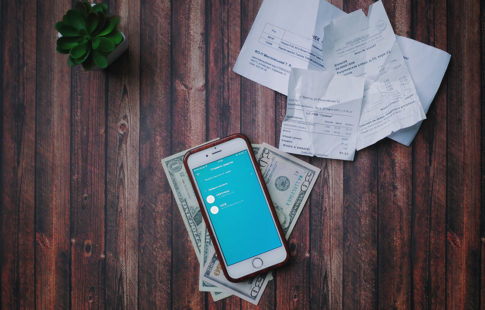Estimated reading time: 0 minutes
If you are struggling with your finances, a variety of programs may be available to help you recover. Whether you need assistance paying your bills or relocating, agencies and nonprofits are standing by. A summary of key programs and resources are provided below.
Note: These assistance programs may be subject to change. Please visit their websites for more information on their availability in your area.
1. 211
211 is a collection of over 200 charities and agencies. It connects people with local services for a range of needs, including:
- Affordable housing and emergency housing.
- Free help with moving or grants.
- Mortgage payment assistance.
- Bill-paying assistance.
Dial 2-1-1 or visit 211.org for more information. Religious organizations and nonprofits in your area that aren’t affiliated with 211 may offer additional support.
2. Benefits.gov & USA.gov
Benefits.gov and USA.gov each provide a searchable database of resources. Enter the service you need from moving grants to help paying bills. To target assistance in your area, add your state’s name to your search.
3. Homeowner Assistance Fund
The Homeowner Assistance Fund (HAF) is a federal program that was created to assist homeowners impacted by the pandemic. Funds are to be distributed by state and many programs are in development. To connect with the agency responsible for HAF funds in your area, select your state on this interactive map provided by the National Council of State Housing Agencies. If no options are currently available, monitor for updates and contact your local housing authority about alternatives.
4. HUD housing counselors
HUD-approved housing counselors can help you protect your home or identify housing programs. To locate a local office, call 800-569-4287 or select options in your state on HUD’s Office of Housing Counseling page. See our article on how housing counselors can assist you for more information.
5. HUD rental assistance
The U.S. Department of Housing and Urban Development (HUD) offers resources that may help you find affordable housing and pay rent. Visit HUD’s rental assistance page for more information.
6. Military assistance programs
If you’re a veteran, servicemember, or surviving spouse, the U.S. Department of Veteran Affairs (VA) provides a range of exclusive resources. To learn about housing options, visit the VA.gov’s housing assistance page.
Additionally, if you are an active-duty servicemember — including with the National Guard or Reserve — you may qualify for benefits under the Servicemembers Civil Relief Act (SCRA), a federal law. The SCRA provides protections against foreclosures, repossessions, and more. You may also be eligible for interest rate reductions on certain loans. Note: Some SCRA protections extend for 12 months after active-duty service.
The Consumer Financial Protection Bureau provides an overview of SCRA benefits. If you’re a Mr. Cooper customer, we also summarize its mortgage benefits and how to apply for them in our Help Center.
Additional resources
This list is just the beginning of help that’s available through federal, state, and local programs. If you’re a Mr. Cooper customer, please visit our Mortgage Assistance page for more information. We also have an article explaining how we can help you protect your home if you’ve fallen behind on your mortgage payments.
Whenever you need it, we’ll be here to help.
Any third party trademarks and tradenames used on the Mr. Cooper® Blog are the property of their respective owners. Nationstar Mortgage LLC d/b/a Mr. Cooper is not affiliated, associated, or sponsored by any of these owners. Use of these names and trademarks is not intended to and does not imply endorsement but is for identification purposes only. Information provided does not necessarily represent the views of Mr. Cooper. Information is subject to change without notice.






